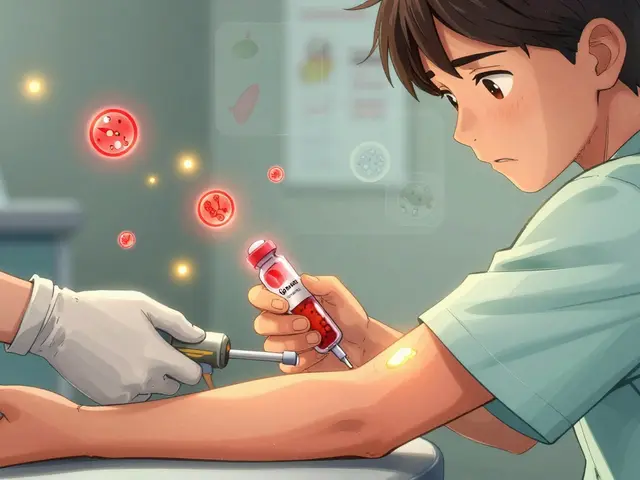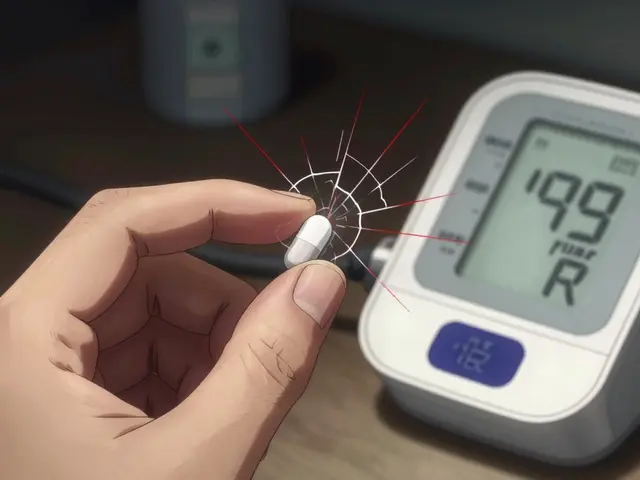Student Health: Real‑World Tips for Staying Safe and Healthy on Campus
Being a student means juggling classes, jobs, social life, and sometimes a mountain of meds. It’s easy to feel overwhelmed, but you don’t have to navigate it alone. Below you’ll find straight‑forward advice on handling prescriptions, picking supplements, and keeping your wellness on track without breaking the bank.
Managing Prescriptions on a Tight Budget
First off, never skip a dose just because you’re short on cash. Talk to your campus health center – many schools offer free or discounted meds for common conditions like acne, allergies, and anxiety. If you need a brand‑name drug, ask your doctor if a generic version exists. Generics work just as well and can save you up to 80%.
When you shop online, stick to reputable pharmacies that require a prescription. Look for a clear contact address, a licensed pharmacist on staff, and a valid pharmacy license number. If a site seems too good to be true, it probably is. Use tools like the FDA’s Verified Internet Pharmacy Practice Sites (VIPPS) list to double‑check.
Don’t forget about pharmacy discount cards. Programs like GoodRx or Blink Health let you compare prices and often score a lower price than your insurance. It only takes a minute to search, and the savings add up fast.
Quick Health Hacks for Busy Students
Stress, sleepless nights, and poor eating habits can turn a simple cold into a full‑blown illness. Keep a small health kit in your backpack: pain reliever, antihistamine, and a probiotic capsule. These basics cover headaches, allergies, and gut upset, which are common on campus.
If you’re taking antibiotics, finish the whole course even if you feel better. Cutting short can lead to resistance, making the infection harder to treat later. Pair antibiotics with a probiotic to protect your gut flora – a simple habit that can reduce stomach cramps and diarrhea.
Stimulants like caffeine help during finals, but too much can trigger jitters and insomnia. Try swapping one coffee for a green tea or a glass of water every hour. Hydration improves focus and keeps your skin clear – a win‑win for both grades and confidence.
When it comes to supplements, be skeptical of bold claims. A daily multivitamin can fill gaps, but extra vitamin C or zinc won’t magically cure a cold. Stick to evidence‑based products and check the label for third‑party testing.
Finally, don’t ignore mental health. If you’re feeling down, anxious, or overwhelmed, reach out to your school’s counseling center. Many campuses offer free sessions, and early help can prevent more serious issues down the line.
Bottom line: stay organized, ask for help, and use trusted resources. With these practical steps, you can manage your meds, keep costs low, and stay healthy throughout the semester. Your body will thank you, and you’ll be able to focus on what matters most – your studies and your future.






